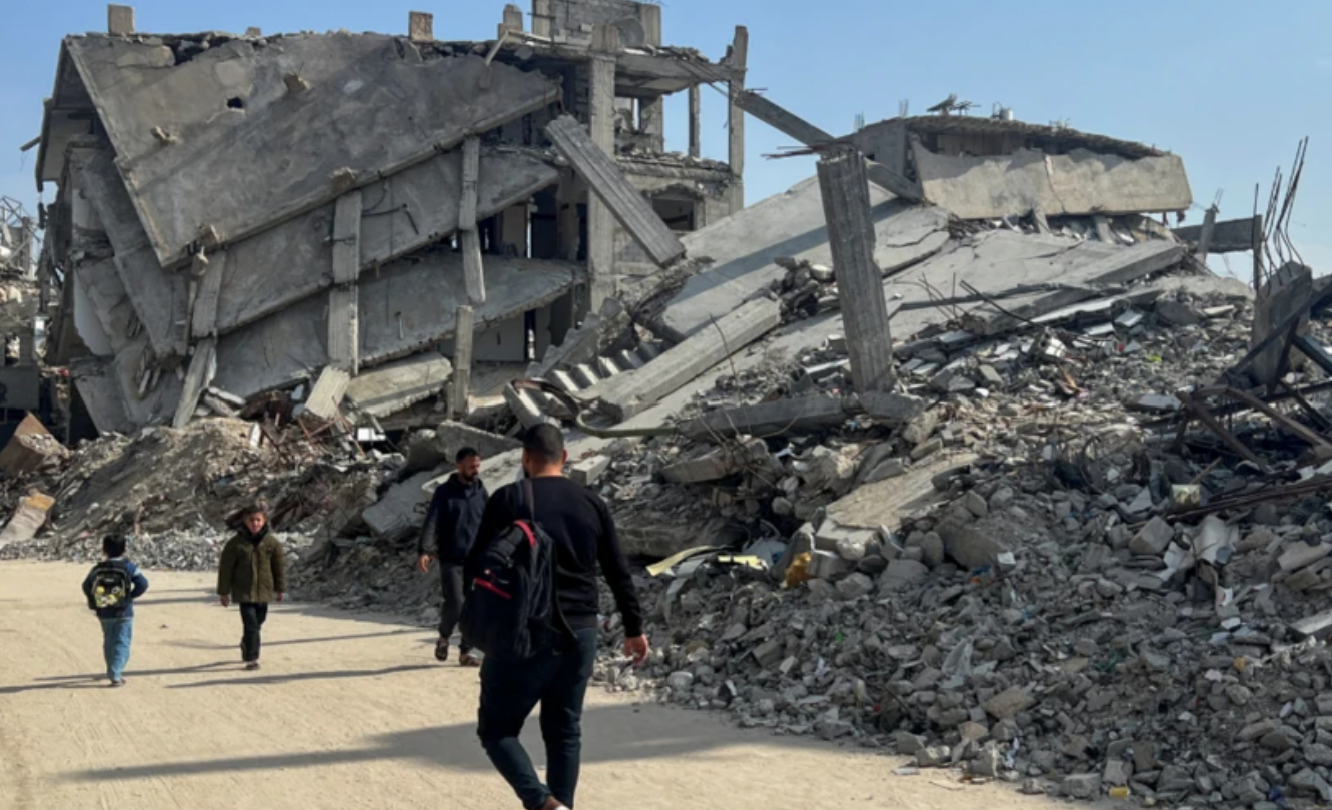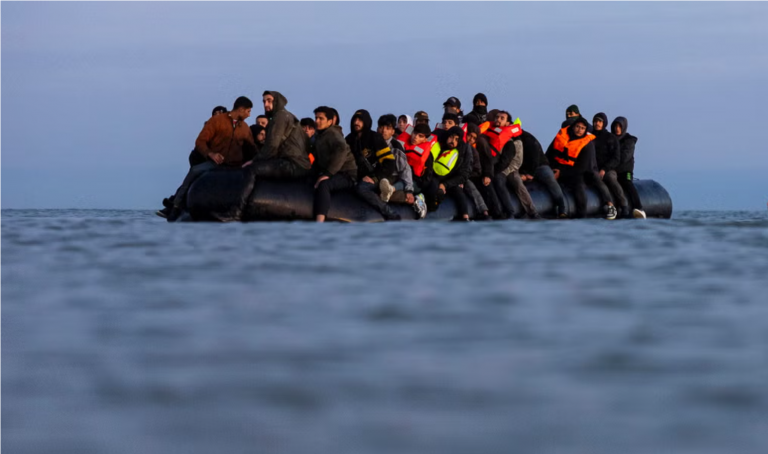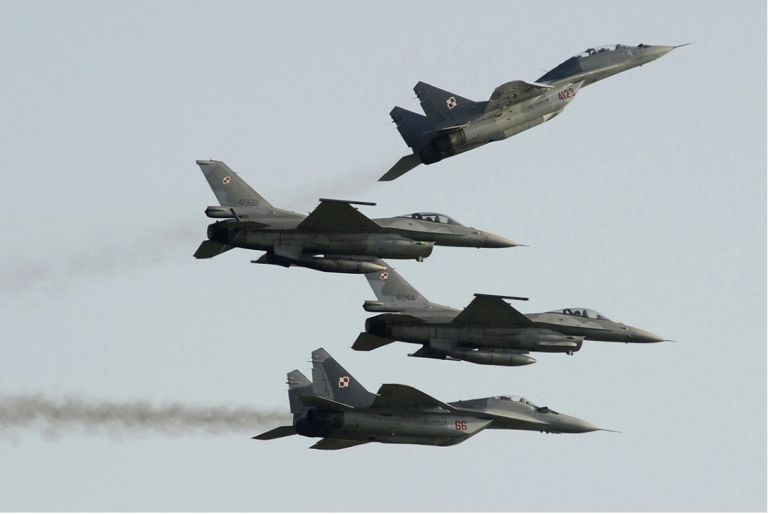
Leading European nations have expressed their strong support for an Arab-backed plan to reconstruct Gaza, a proposal that comes with an estimated cost of $53 billion (£41 billion). The plan, which seeks to rebuild the Gaza Strip over five years, is hailed by European leaders as a “realistic” approach to addressing the long-standing humanitarian crisis in the region, while ensuring that Palestinians are not displaced from their homeland.
The initiative, developed by Egypt and endorsed by several Arab leaders, aims to provide a comprehensive solution for Gaza’s reconstruction, focusing on rebuilding infrastructure, homes, and vital services. It seeks to foster stability in the region and create conditions for sustainable peace by addressing the immediate needs of Gaza’s population, which has endured years of conflict and blockades. The plan is designed to avoid displacing Palestinians from their homes, a significant concern for those already living in dire conditions.
Despite the endorsement from Europe and the Arab world, the proposal has faced strong opposition from Israel and US President Donald Trump. Israel has rejected the plan, citing concerns over security and the involvement of Palestinian factions in governance. Meanwhile, President Trump has presented his own vision for the region, which controversially includes turning Gaza into a “Middle East Riviera,” a plan that has been widely criticised for being unrealistic and failing to address the core political issues of the Israeli-Palestinian conflict.
The foreign ministers of France, Germany, Italy, and Britain met over the weekend and expressed their approval of the Arab-backed plan. They described the proposal as “realistic,” particularly in its focus on providing long-term reconstruction and humanitarian relief for Gaza’s suffering population. The European leaders also emphasised the need for a two-state solution to the Israeli-Palestinian conflict, calling for greater international efforts to achieve peace in the region.
While the plan has been embraced in Europe and the Arab world, it remains to be seen whether it will gain traction with Israel and the United States, whose positions on the matter are likely to influence the future of the proposal. However, the backing of key European powers is seen as an important step in securing international support for Gaza’s reconstruction and finding a path forward for peace in one of the world’s most volatile regions.













